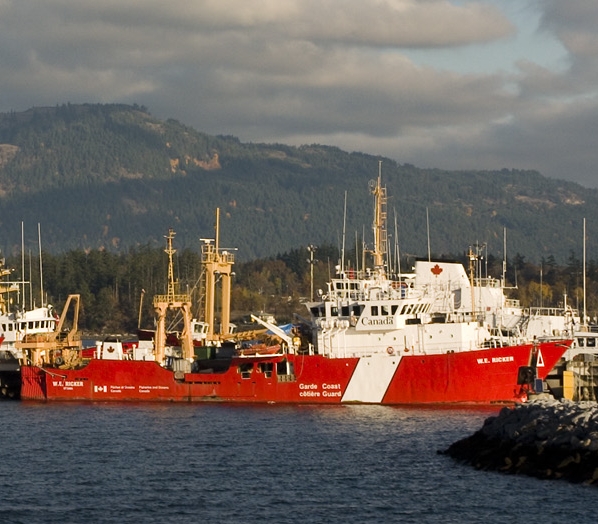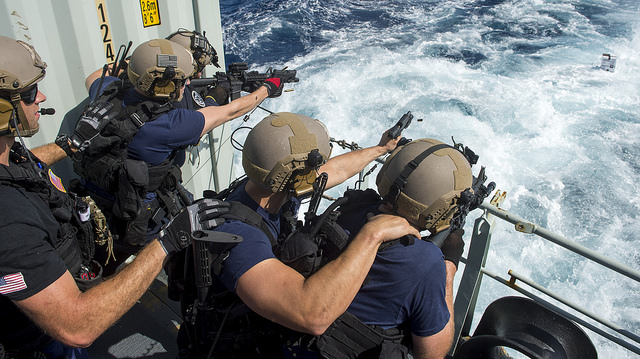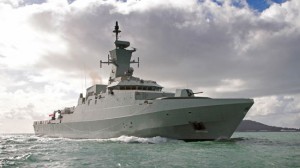The Canadian Coast Guard will be receiving two new vessels in the near future, reportedly produced by Ontario shipbuilder Kanter Marine Inc. These small channel survey and sounding vessels (CSSVs), each approximately 12-metres in length, will be responsible for surveying the St. Lawrence Seaway and strategically important waterways in the Canadian Arctic. These will replace the Canadian Coast Guard’s two current CSSVs – CCGS F.C.G. Smith and CCGS GC-03 – which have been surveying Canadian waters since 1970.
Kanter Marine has enjoyed considerable success in 2016 in its bids for federal shipbuilding contracts. In April 2016, it was announced that the company will build seven new survey vessels for the Canadian Hydrographic Service. This institution, which is a civilian scientific agency within the scope of Fisheries and Oceans Canada, produces nautical charts and publications, including Notices to Shipping and Notices to Mariners, in order to ensure safe and efficient navigation within Canadian waters. There have been repeated indications that the Coast Guard and Hydrographic Service are under-funded, so the provision of new vessels for both institutions is a welcome development.
With much media attention devoted to the repeated delays to the construction of a new Polar-class icebreaker for the Canadian Coast Guard, some success stories, like that of Kanter Marine, have been overlooked. While it is certainly true that Canada’s currently limited icebreaking capabilities inhibit scientific expeditions in the Arctic, the CSSVs to be delivered soon to the Canadian Coast and Canadian Hydrographic Service will play a vital role in facilitating commercial shipping.
Of similar importance, the Coast Guard will benefit from the successful completion of the Offshore Fisheries Science Vessel Project and the Offshore Oceanographic Science Vessel Project, both of which were initiated under the previous federal government in 2006-2007. The former is intended to procure three 67-metre long vessels capable of conducting trawl surveys for up to six weeks, ensuring the health and sustainability of Canadian fish populations, while the latter will procure a 90-metre long major oceanographic research vessel. In particular, the latter vessel is intended to replace CCGS Hudson, which has served as Canada’s lead oceanographic vessel since 1963 and is in need of retirement.
These procurements will ensure a strengthened role for Canada in the Arctic and the ocean sciences, especially at a time when there is considerable uncertainty as to what the United States’ Arctic policy might be in the coming years. This is compounded by the fact that the US will continue to hold the Chairmanship of the Arctic Council until the end of 2017, following Canada’s efforts at the helm of that organization in 2014-2015. Though collaboration with the US in ensuring the security of Arctic waters will undoubtedly continue through the newly established Arctic Coast Guard Forum and the long-standing partnership agreements between the Canadian Hydrographic Service and the National Ocean Service, Canada’s new resources in this area will afford the country sufficient strategic flexibility in the near to medium-term to safeguard Canadian interests in the Arctic.
Photo: CCGS W. E. Ricker at Institute of Ocean Sciences, Patricia bay, Sidney BC “W.E. Ricker at IOS (cropped).jpg” (2006), by Rdfr via Wikimedia Commons. Licensed under CC BY 3.0.
Disclaimer: Any views or opinions expressed in articles are solely those of the authors and do not necessarily represent the views of the NATO Association of Canada.




